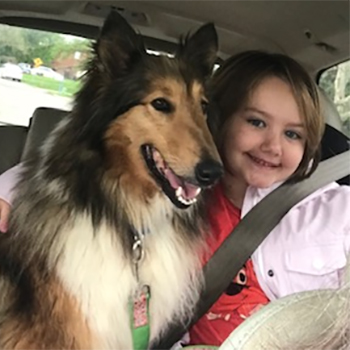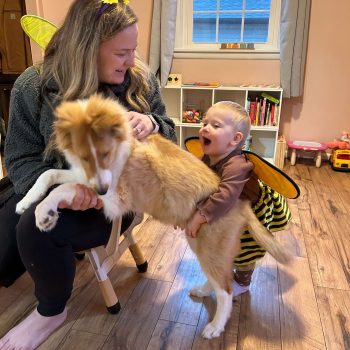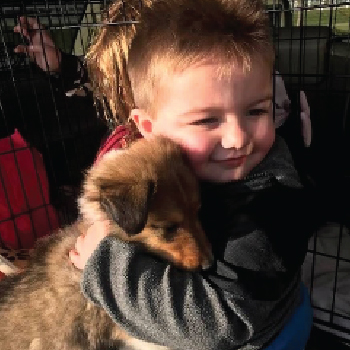A. The answer to this question has many parts.
There are many risks associated with a dog staying in a shelter. When a dog is in a shelter, he or she is more likely to become ill due to the number of animals in close quarters. Also, long-term shelter residents often find the shelter environment stressful and can become depressed, anxious, or fearful; this is known in rescue as “shelter dog syndrome.” Moving dogs into private homes for fostering allows them to relax and blossom, as well as to learn how to become good “house dogs” through training and socialization.
In medical cases, fostering allows the dog to receive treatment and/or recover in a quiet, stress-free environment. With fostering, everyone benefits—the foster gets to spend time with a special dog, and the shelter gains space, which will most likely save another dog’s life. The foster dog gets a second chance at becoming a cherished pet.
Finally, the adopter get a dog that is better adapted to home life and therefore has a better chance of remaining in their new home permanently.


